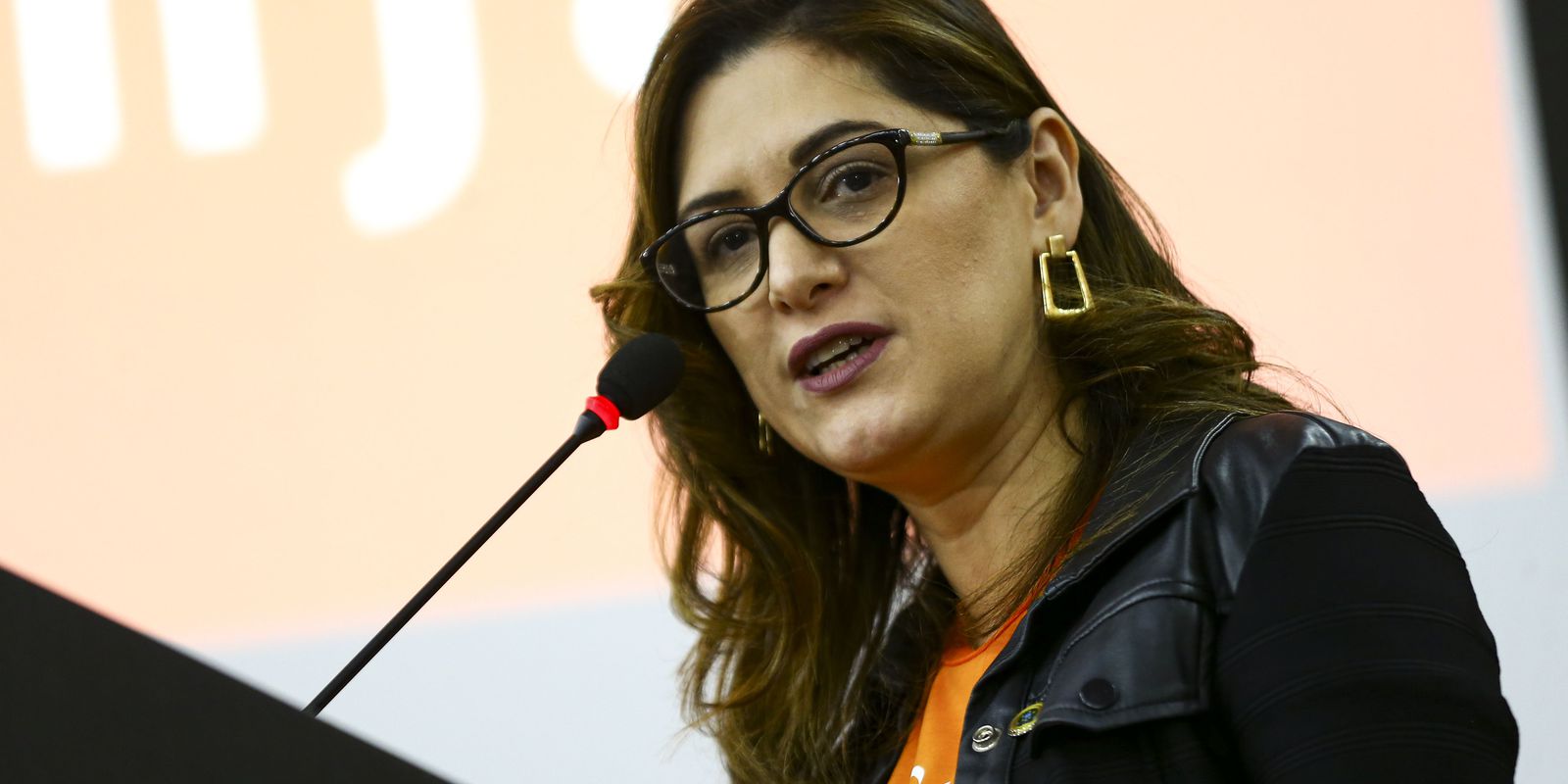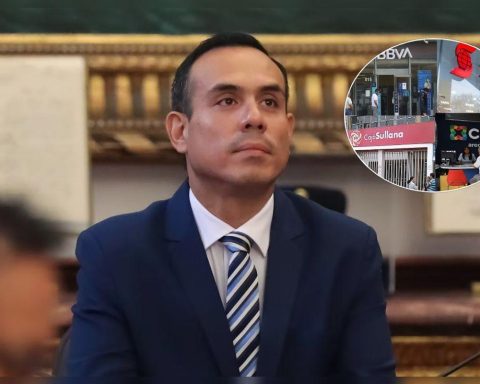The Minister of Women, Family and Human Rights, Cristiane Britto, celebrated today (22) the results recorded by the National Secretariat for the Promotion and Defense of the Rights of the Elderly (SNDPI) and said that Brazilian society will not be able to advance if it does not start valuing the elderly. 
Cristiane lamented that situations such as the one at the private shelter in Crato (CE) still occur in Brazil, where most of the women interned with mental problems had been abandoned by their families and found themselves in private prison and, even after the arrest of the manager of the unit, 75% of the families did not want to rescue them. “Families should value the elderly,” said the minister. For this, she defended the coexistence between children and young people with the elderly in the family, so that they can learn from their experiences and experiences.
The National Secretary for the Promotion and Defense of the Rights of the Elderly, Antônio Costa, highlighted the advances of the National Policy for the Elderly since 2019, including the National Pact for the Implementation of the Rights of the Elderly in 22 states, through a partnership with nine Brazilian universities. “The most important thing is that the matrices will stay in the states and municipal councils, so that you can follow up”, he highlighted.
Costa also mentioned the National Care Policy, prepared by the ministry together with the ministries of Health, Education, Citizenship, the National Institute of Social Security (INSS), civil society, Health and Social Assistance departments. The program is ready, it was passed on to the next government and should be implemented throughout the country, said the secretary.
Aging
Costa said he hopes for Brazil to work out. “My dream is that the next president, who will start on the 1st [de janeiro] with his team, can create, in the four years he will stay, a Brazilian State program to face aging in our country that, unfortunately, has not yet hit the cards of our National Congress. People are still not believing that the country is aging. The biggest challenge I see is life expectancy, when men will live up to 88, 89 years, and women over 100, and nothing will be done, because retirement occurs at 65”.
The secretary highlighted the need to work on aging from the age of 35 or 40, so that, within the possibilities, the population can take care of comorbidities, because the great challenge is that Brazilian aging occurs with 72% to 75% of comorbidities (diabetes, high blood pressure, dementia, Alzheimer’s), “and nothing has been done so far for this”. According to Costa, this work must be done through the Unified Health System (SUS), considering that “the elderly population will represent, in a short time, one third of the total population” and “it is necessary to work on the protection and defense of elderly”.
awards
The ministry also delivered today (22) the 1st Literary Award for Writings and the 2nd Literary Award for Chronicles, promoted by the National Council for the Rights of the Elderly (CNDI). The first prize is aimed at high school students from public schools in Brazil, while the second covers chronicles produced by elderly people, aged 60 or over.
Both awards had the theme “The role of the elderly in the 21st century”. The authors of the five best compositions and chronicles were awarded. The winners of the 1st Literary Writing Prize were Nycolas Verly da Silva, Laiza Vitoria Batista Castanho, Yasmim Thainara Sena de Oliveira, Debora Letícia Silva Campos and Ruanne de Jesus Pereira. The 2nd Chronicles Literary Award was won by Luiz Claudio Machado de Santana, Ronaldo Carvalho de Sousa, Ney de Freitas Filho, Angela Maria Rocha and Fátima Soares Rodrigues.
During the event, five States Friends of the Elderly (São Paulo, Ceará, Roraima, Mato Grosso and Paraná) were certified, which stood out in the implementation of the Policy for the Elderly in the last four years, especially in the expansion of state and municipal councils of the rights of the elderly person and Funds for the Elderly Person.















